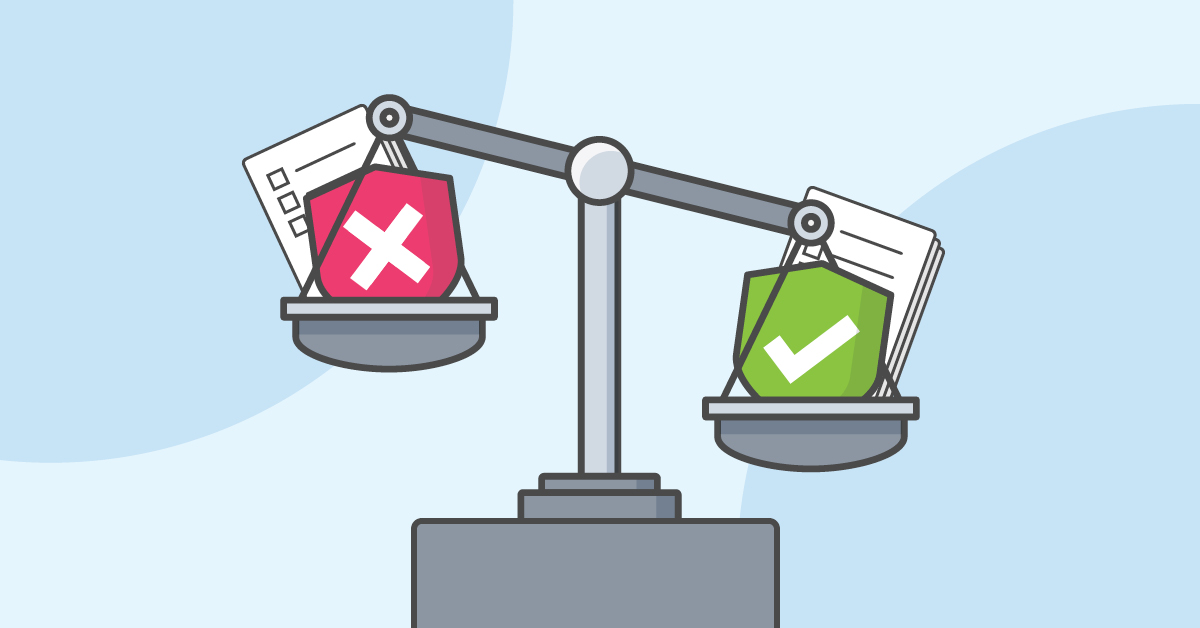
Why Do You Need Small Business Insurance?
Small business insurance is designed to protect your company from a variety of risks, such as property damage, liability, employee injuries, and business interruptions. Depending on the nature of your business, certain types of coverage may be more important than others. Common insurance options include:
- General Liability Insurance: Covers claims for bodily injury, property damage, and personal injury that occur on your business premises or due to your operations.
- Property Insurance: Covers damage to your business property, including equipment, inventory, and physical buildings.
- Workers' Compensation Insurance: Covers medical expenses and lost wages for employees injured on the job.
- Professional Liability Insurance: Provides protection against lawsuits related to professional mistakes or negligence.
- Business Interruption Insurance: Covers lost income if your business is forced to shut down due to a disaster or other covered event.
- Commercial Auto Insurance: Covers vehicles used for business purposes in the event of an accident.
Steps to Get a Small Business Insurance Quote
1. Evaluate Your Insurance Needs
Before requesting a quote, assess the specific risks your business faces. Consider factors such as:
- The type of business you operate (e.g., retail, service, manufacturing).
- The size of your business and number of employees.
- The assets you need to protect (e.g., inventory, office equipment).
- Potential liabilities related to your products, services, or location.
This self-assessment will help you determine which coverage options are necessary.
2. Choose Insurance Providers
Look for insurance companies that offer small business policies. You can start by researching top providers, including:
- Nationwide
- State Farm
- Progressive
- Hiscox
- The Hartford
- Allstate
Each company has its strengths, so it’s worth exploring different options. You can also consult with an independent insurance broker who can help compare quotes from multiple providers.
3. Request Multiple Quotes
To get the best rate, it's important to shop around and compare quotes. Most insurance companies allow you to get quotes online, and you can also contact agents directly for personalized assistance. Be prepared to provide the following information:
- Business details (name, industry, size).
- Location (physical address and any other locations).
- Estimated annual revenue.
- Number of employees.
- Specific risks or concerns related to your business.
Many companies also offer bundled packages that combine different types of coverage (e.g., general liability and property insurance) at a discounted rate.
4. Understand Your Coverage Options
Review the coverage offered by each quote carefully. Ensure that the policy aligns with your business needs, and ask questions about terms, limits, deductibles, exclusions, and any additional riders (optional coverages).
5. Assess the Insurer’s Reputation
Price isn’t everything when it comes to insurance. Research each company’s customer service reputation, claims process, and financial stability. Look for reviews and ratings from organizations like:
- AM Best: Evaluates insurance companies’ financial strength.
- J.D. Power: Measures customer satisfaction and claims experience.
- Better Business Bureau (BBB): Lists customer complaints and ratings.
Factors That Impact Your Small Business Insurance Quote
Several factors can influence the cost of your small business insurance:
- Business Size and Revenue: Larger businesses with higher revenue and more employees typically face higher premiums.
- Industry: Certain industries (e.g., construction, healthcare) are considered higher risk and may require more specialized or costly coverage.
- Claims History: A history of frequent claims may lead to higher premiums.
- Location: If your business is located in an area with higher risk for natural disasters, crime, or accidents, premiums may be higher.
- Business Assets: The value of your business property (e.g., equipment, inventory, office space) can impact the cost of property insurance.
- Coverage Limits and Deductibles: Higher coverage limits will increase your premium, while higher deductibles can lower your premium but require more out-of-pocket expenses in the event of a claim.
Where to Get Small Business Insurance Quotes
- Online Insurance Marketplaces: Many websites allow you to compare small business insurance quotes from multiple providers. Some popular platforms include:Simply BusinessInsureonCoverWallet
- Direct Insurance Companies: You can visit the websites of major insurance companies to get quotes directly, including providers like Progressive, Hiscox, and The Hartford.
- Independent Agents: Independent insurance agents or brokers can help you compare policies from multiple carriers and find the best option for your business needs.
Tips for Reducing Your Small Business Insurance Costs
- Bundle Your Policies: Many insurers offer discounts if you purchase multiple types of insurance from them (e.g., combining general liability and workers' compensation).
- Improve Workplace Safety: Implement safety protocols and regular training to reduce the likelihood of claims.
- Increase Your Deductible: Opting for a higher deductible can lower your premium but ensure you can afford to pay it in the event of a claim.
- Review Your Coverage Annually: As your business grows and evolves, regularly review and adjust your coverage to ensure it still meets your needs and isn’t over- or under-insured.
- Maintain a Good Claims History: A clean claims history can help reduce your premiums over time.
Conclusion
Getting a small business insurance quote is the first step toward securing the protection your company needs. By evaluating your coverage options, requesting multiple quotes, and carefully reviewing terms, you can find the best policy that balances cost with comprehensive coverage. Whether you choose to get quotes online, through a broker, or directly from insurers, remember that protecting your business with the right insurance is an investment that can safeguard its future.






